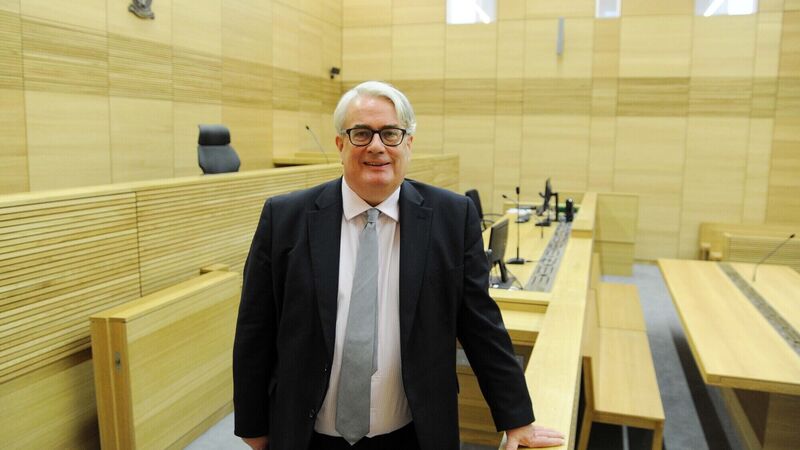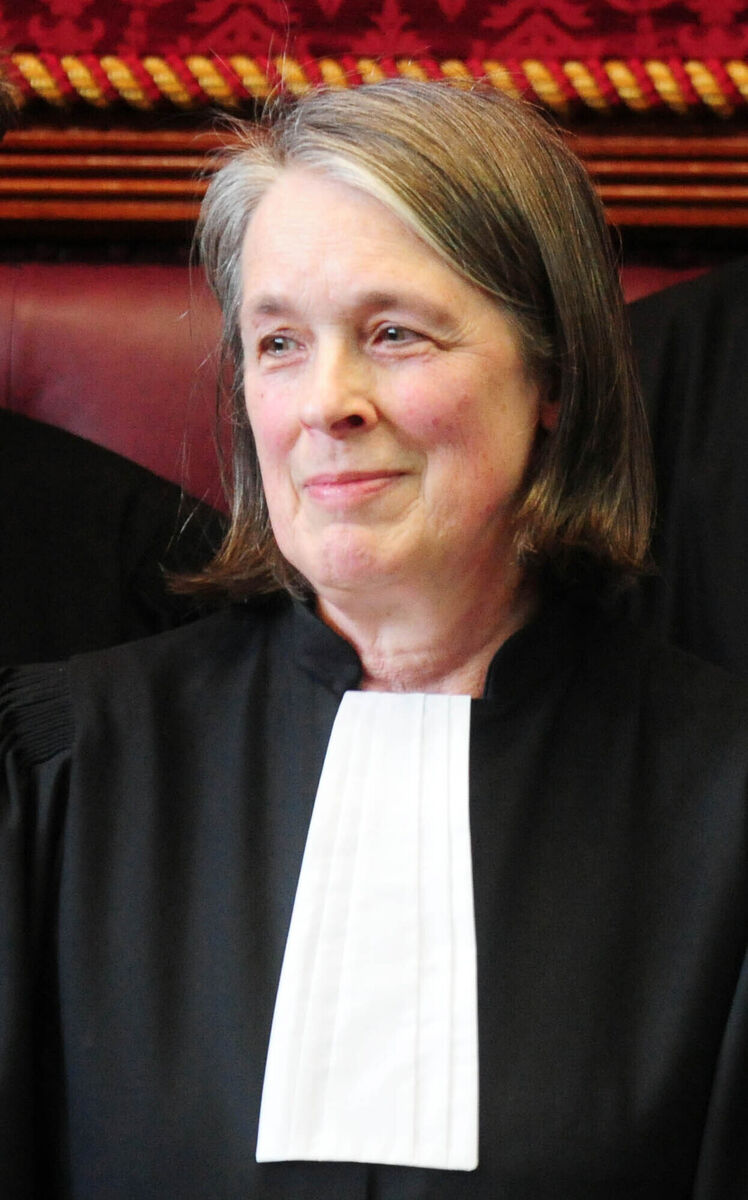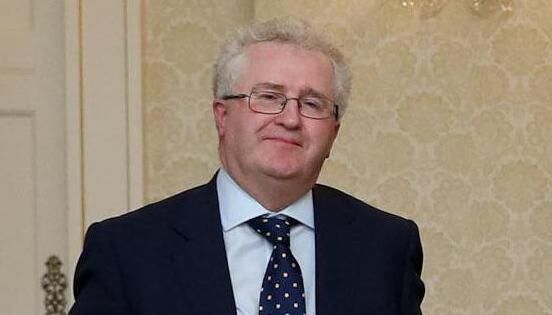Daniel McConnell: Separation of powers at issue in avoidable crisis

The publication of letters between Chief Justice Frank Clarke and Seamus Woulfe was nothing short of extraordinary. Picture: Denis Minihane
On August 24, five days after the Golfgate event in the Station House Hotel in Clifden, the Supreme Court requested former chief justice Susan Denham to examine the consequences of Judge Seamus Woulfe’s presence at the dinner.
She was asked to consider certain questions arising out of the attendance of Judge Woulfe at an event in the west of Ireland and to report her conclusions and recommendations to Chief Justice Frank Clarke.
Ms Denham was asked to consider whether Judge Woulfe should have accepted the invitation to dinner, whether he should, in all the circumstances, have left the hotel in the light of the situation prevailing, and whether he should have attended the golf event without attending the dinner.

A key line of the statement released by the Supreme Court that day made clear that it plumped for the non-statutory Denham review because of the fact that relevant sections of the Judicial Council Act, 2019 have not yet been commenced.
This means complaints about allegations of misconduct by serving judges “cannot be made until such time as the relevant sections of the act dealing with the making and investigation of complaints commenced”, states the Judicial Council website.
“It is expected that those sections of the act may be commenced once the work is complete and necessary guidelines adopted by the Judicial Council,” it added.
A political failure to implement proper standards for the judiciary has come back to haunt the inhabitants of Leinster House.
The Denham process concluded with a recommendation that Judge Woulfe not lose his job. Such a move would be “unjust and disproportionate”, found Ms Denham.
She said it was for Chief Justice Clarke to conclude this process by way of “informal resolution”.
At that stage, the chief justice sought to convene a meeting with Judge Woulfe on four separate occasions due to several cancellations by his new colleague, who has yet to sit a single day on the bench.
The publication of the letters between Judge Clarke and Judge Woulfe on Monday night was nothing short of extraordinary.
Such a bold statement cannot be unsaid and without question has raised the stakes in the affair.
This is because of Judge Woulfe’s refusal to listen to his superior’s advice and fall on his sword.
Judge Woulfe has sought to restate his apology for his attendance at the Golfgate event and belatedly said he was ready to accept a reprimand of a salary waiver for up to three months.
With the legal avenues now exhausted, the matter has been thrust back into the political arena, to much annoyance across the floor of the Dáil.
There was a distinct air of unease among ministers who discussed the matter at length at Cabinet on Tuesday and were briefed by Attorney General Paul Gallagher.
Sources told me that they are “significantly restrained” as to what they can reveal, but suffice to say this is a hassle they could do without.
During the meeting, the Attorney General outlined the serious constitutional issues that now arise and the respective responsibilities of each of the organs of the State as set out in the Constitution, including, in particular, the respective roles of the judiciary and of the Oireachtas.
Ministers who are also members of the Oireachtas are acutely aware of the sensitivity and seriousness of the issues and the need to ensure that the constitutional framework is fully respected by all concerned. This includes avoiding inappropriate public comment. The Government agreed that it will continue to reflect on these issues, a statement said.
Away from the formal statement, within Fine Gael, the unease stems from the fact that Judge Woulfe was Leo Varadkar’s pick as attorney general in 2016 and his unexpected elevation to the Supreme Court smacked of political cronyism.
In contrast, the Opposition made its views clear on Tuesday.
Sinn Féin's justice spokesperson Martin Kenny called on the justice minister and the Government to make "it clear" what way it will progress the matter.
Judge Woulfe has been told by Chief Justice Clarke that he should resign but is refusing to do so. Judge Clarke has said he has come to the conclusion that on foot of Judge Woulfe's attendance at the Golfgate event, and later commentary around it, his departure from this office is now required.
"Any of us that read the correspondence between the Chief Justice and Justice Woulfe, it's very clear the judiciary doesn't believe his position is tenable and that's really where all of this is coming from," said Mr Kenny. "We have to be careful with how we proceed here but at the same time we have to be firm, there has to be accountability."
He also hit out at the lack of progress on the Judicial Council Act which, he said, means that "we have a huge problem with the judiciary and how it is held to account".

However, Labour party TD Aodhán Ó Ríordáin said politicians must now "take a breath" and wait for advice from the Attorney General. He said party leaders must also meet to discuss and review Judge Woulfe's position and what happens next.
"We are in uncharted waters, this has not happened before, but we have to be careful what we say now, there could be another case in five or 10 years’ time, we don't know," said Mr Ó Ríordáin.
"So if you are serious about the Constitution, you are serious about your role in politics, then what you say and the judgements you make obviously are going to have an impact.
"The Labour Party is quite clear on our position, we are determined to maintain the independence of the judiciary."
For all of the bellyaching in which politicians are engaging over having to grapple with this issue, the mess involving Judge Woulfe was entirely predictable.
As Catherine Murphy of the Social Democrats said on Tuesday, the political system is great at ignoring issues until they become a crisis.
What a crisis they have allowed to develop here.






